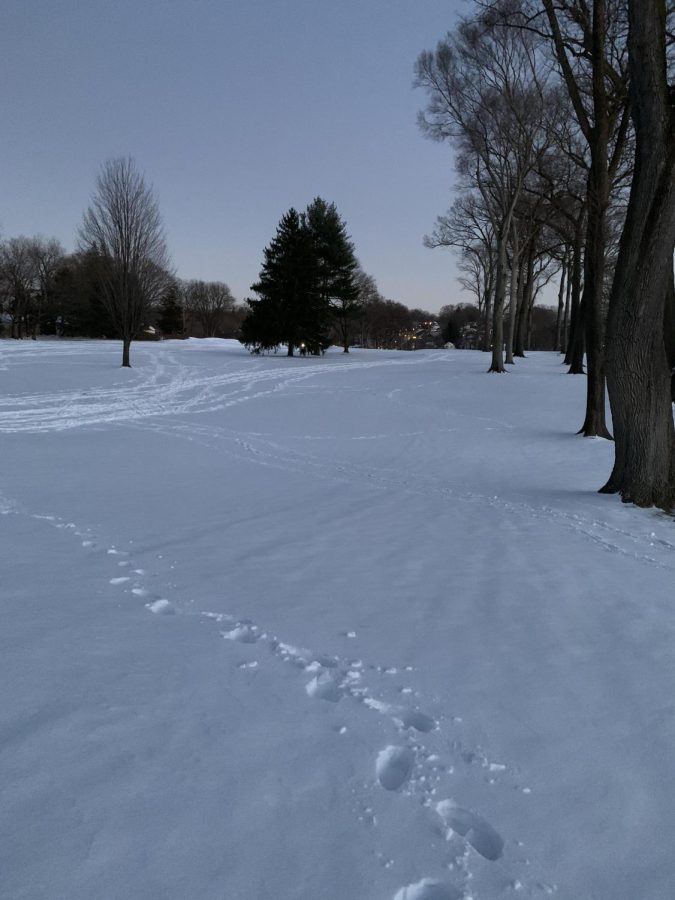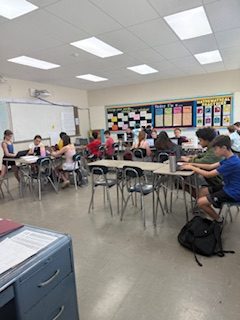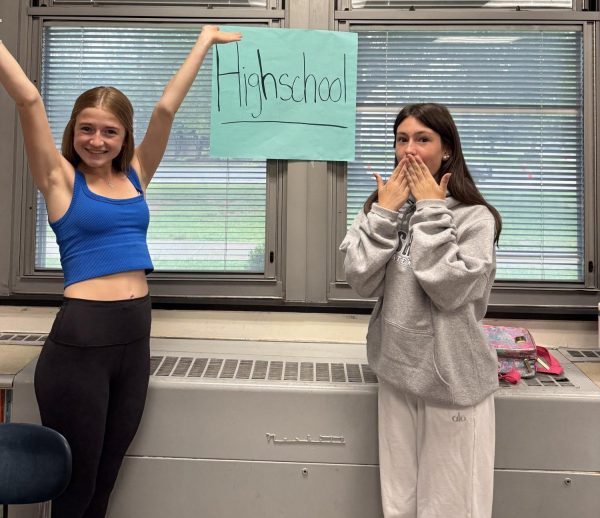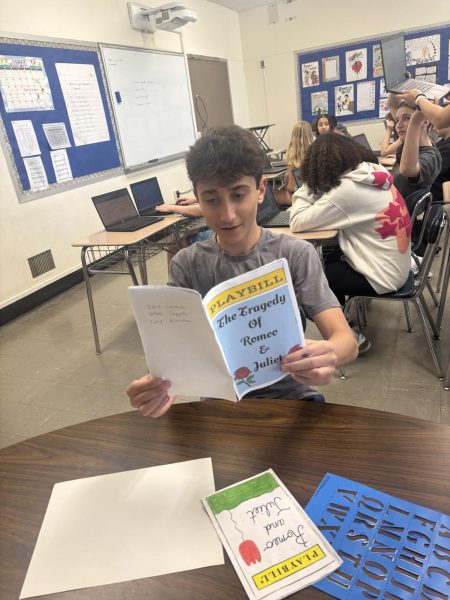The un-brrrrrrr-able effects of climate change
There’s snow place like home during the winter! These past few years, snow levels have been in heavy decline. Why is there less snow? What can we do about it?
Climate change is change in temperature and weather patterns over a long period of time. These changes are supposed to be natural and would happen much more slowly when left alone. But after we as humans started to burn coal, oil, gas, and fossil fuels 200 years ago, this natural process has increasingly gotten worse. Even though the loss of snow may seem to not hurt us, lack of snow harms us all and greatly increases the risks of climate change, but we can all do our part to help.
It’s no laughing matter that we haven’t had snow in New Jersey yet this winter. And though it may seem like it’s just snow, lack of snow has an enormous effect on the environment: “Reduced snowfall and less snow cover on the ground could diminish the beneficial insulating effects of snow for vegetation and wildlife, while also affecting water supplies, transportation, cultural practices, travel, and recreation for millions of people” (Environmental Protection Agency). Unfortunately, our winter snowfall is decreasing drastically. “Total snowfall has decreased in many parts of the country since widespread observations became available in 1930, with 57 percent of stations showing a decline” (“Climate Change Indicators: Snowfall”).
Much of this lessened snowfall is due to climate change. According to Climate Central: “[There are] [f]ewer freezes. Winter is the fastest warming season for most of the U.S., and the number of days with temperatures below 32°F is expected to continue to decline over the coming decades…[There is] more moisture..[in] our warming atmosphere [which] holds about 4% more moisture per 1°F of temperature rise. But where that moisture falls, and whether it falls as rain or snow, is largely based on the season and region.”
Though many educated adults may know of our pressing climate issue, much of our youth are unaware of more than just the name. When asked if they knew the cause of the lessened snow this is what we received. Seventh grader Paige Everett stated: “Maybe global warming?…I don’t know a lot about it though.”
Sixth grader Anna Korobko noted, “Climate change?..I know a little about air pollution. Mainly just basic information?”
Eighth grader Giacomo Florio claimed, “[I know a] little bit of basic information about climate change and warming temperatures.”
As you can see, some of our students don’t know a lot about climate change. We desperately need to learn more about climate change because less snow is just the beginning. That being said, not all hope is lost. According to seventh grade science teacher Mr. David Parke, “We spend about three weeks teaching students about global warming and climate change, but it’d be nice to have more time in the curriculum.”
Mr. David Parke both shared stories about there being more snow during the winter when they were younger. Mr. Parke shared, “Temperatures have increased since I was younger. I grew up in Massachusetts and the cranberry bogs would freeze over there. We would skate on them. I’ve heard that doesn’t happen anymore.”
And Mr. Scozzaro explained, “Since I’m old, when I was a kid there was a lot of snow.”
Whether someone knows a little or a lot about why snow is becoming less common in the wintertime, everyone can help fight against climate change. According to the United States Environmental Protection Agency (USEPA), only 32% of people recycle in the US. Somewhere small to start is recycling regularly.
Furthermore, the CDC states that “76.3% of high school students are regularly driven to school.” If more people can walk to school, their small actions each day will help reduce carbon emissions. Furthermore, reusing things can save energy, reduce greenhouse gasses, reduce waste, and even save money (USEPA). Many steps in stopping climate change may seem small but remember that drops of water can fill a glass.
Even if we all take steps against climate change, we still will not have snow for quite some time. However we can still enjoy a winter without any snow. Eighth grader Luella Mockbee, for example, enjoys “sleeping, baking, and vacations” during the winter season.
Seventh grader Moss Paul commented, “I like hanging out with friends in the winter.”
Sixth grader Anna Korobko added, “I like to ice skate.”
As seen, you truly don’t need snow to make it feel like a winter wonderland.
All in all, less snow in the winter is killing our environment and many other animals, but we all can do our part to save our earth. With climate change on the rise, we will continue to see less and less snow every year. Without the usual snowfall of about 40 to 50 inches (NJ Climate Overview), the normal winter activities like skiing, sledding, making snowmen, and having snowball fights may be less frequent in New Jersey. However, even though people may not be able to participate in their usual winter activities, they can find new ones that don’t require snow like indoor sports, making hot cocoa, and hanging out with friends. In conclusion, though lack of snow is important, it doesn’t have to impede on a magical winter for us all.







